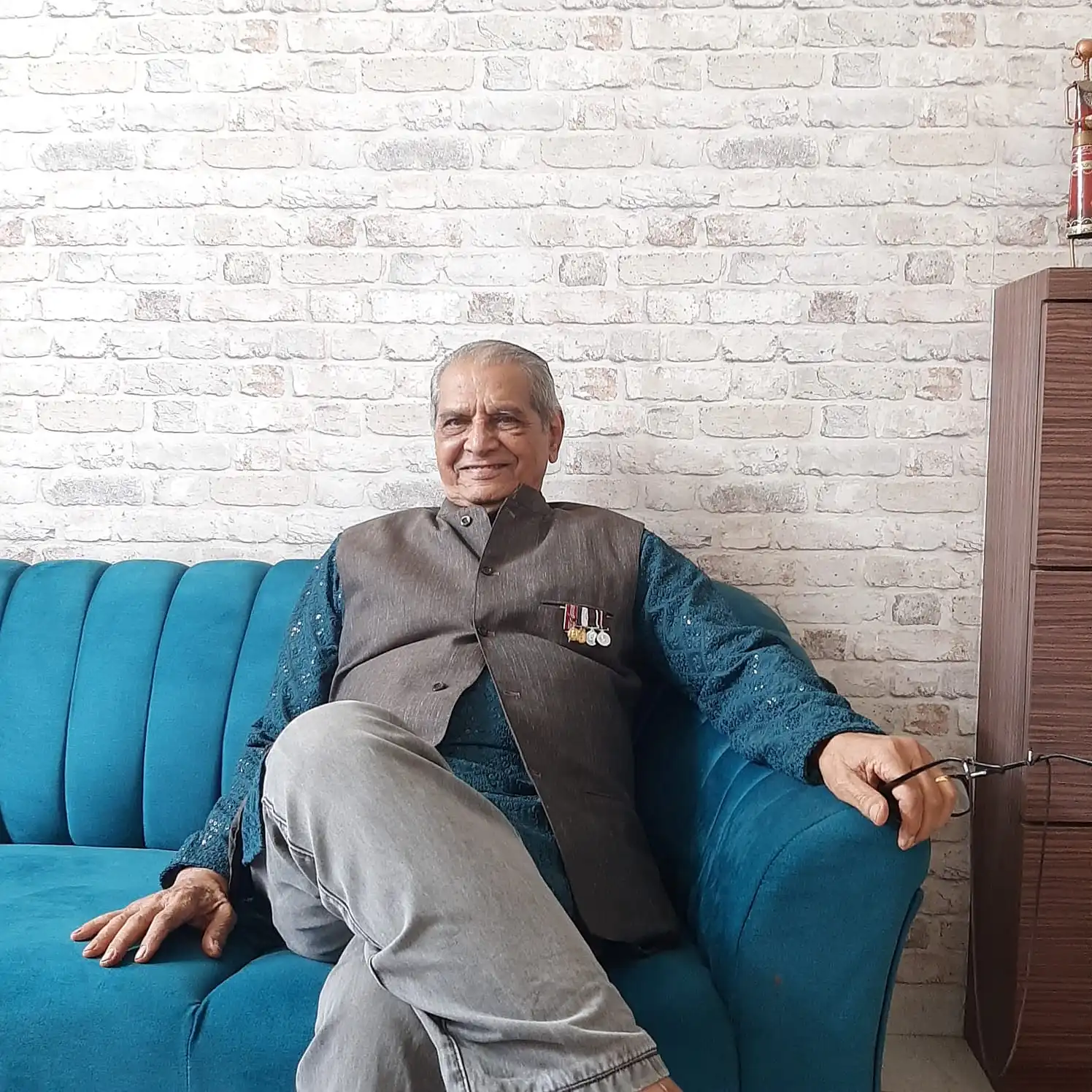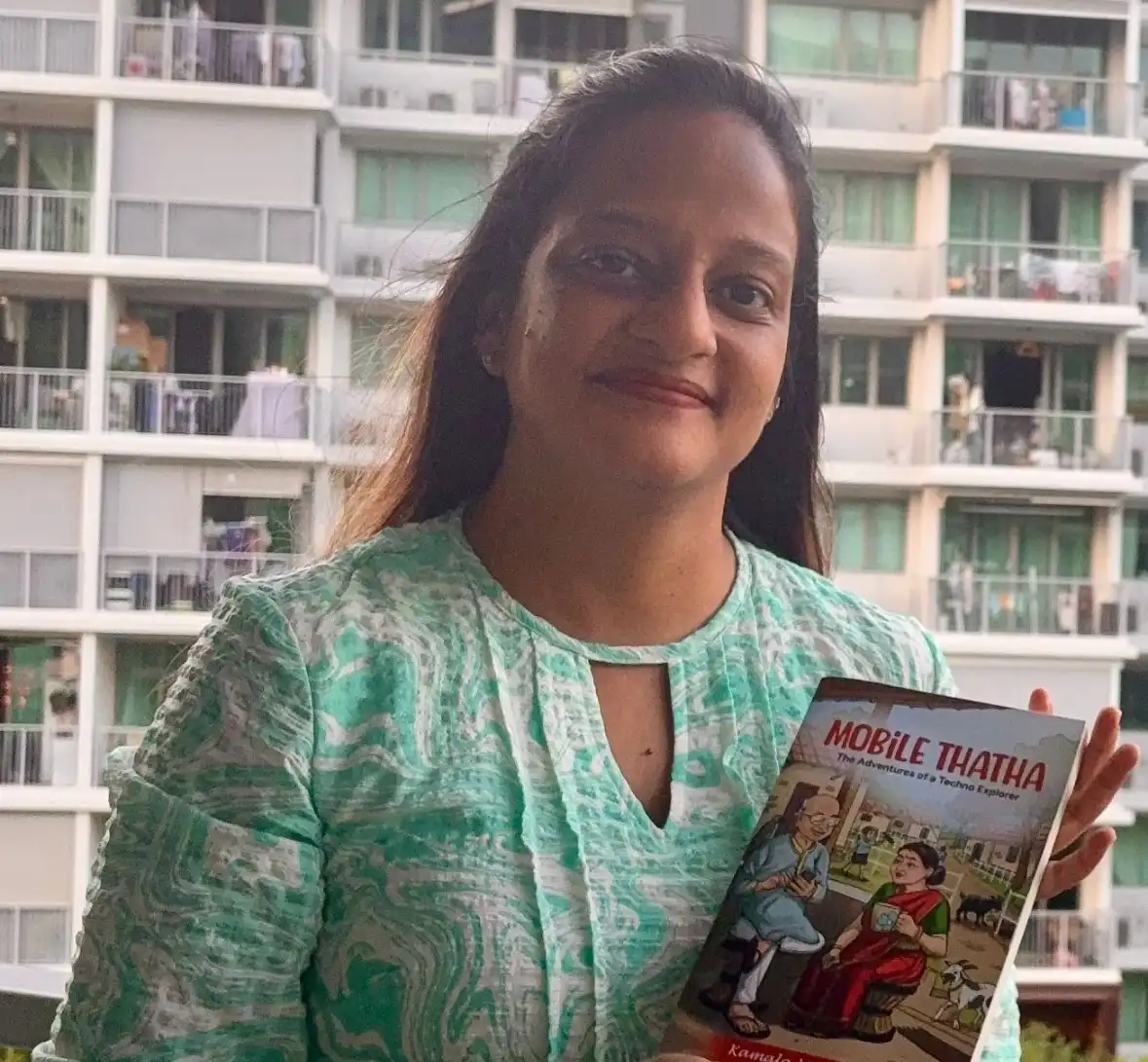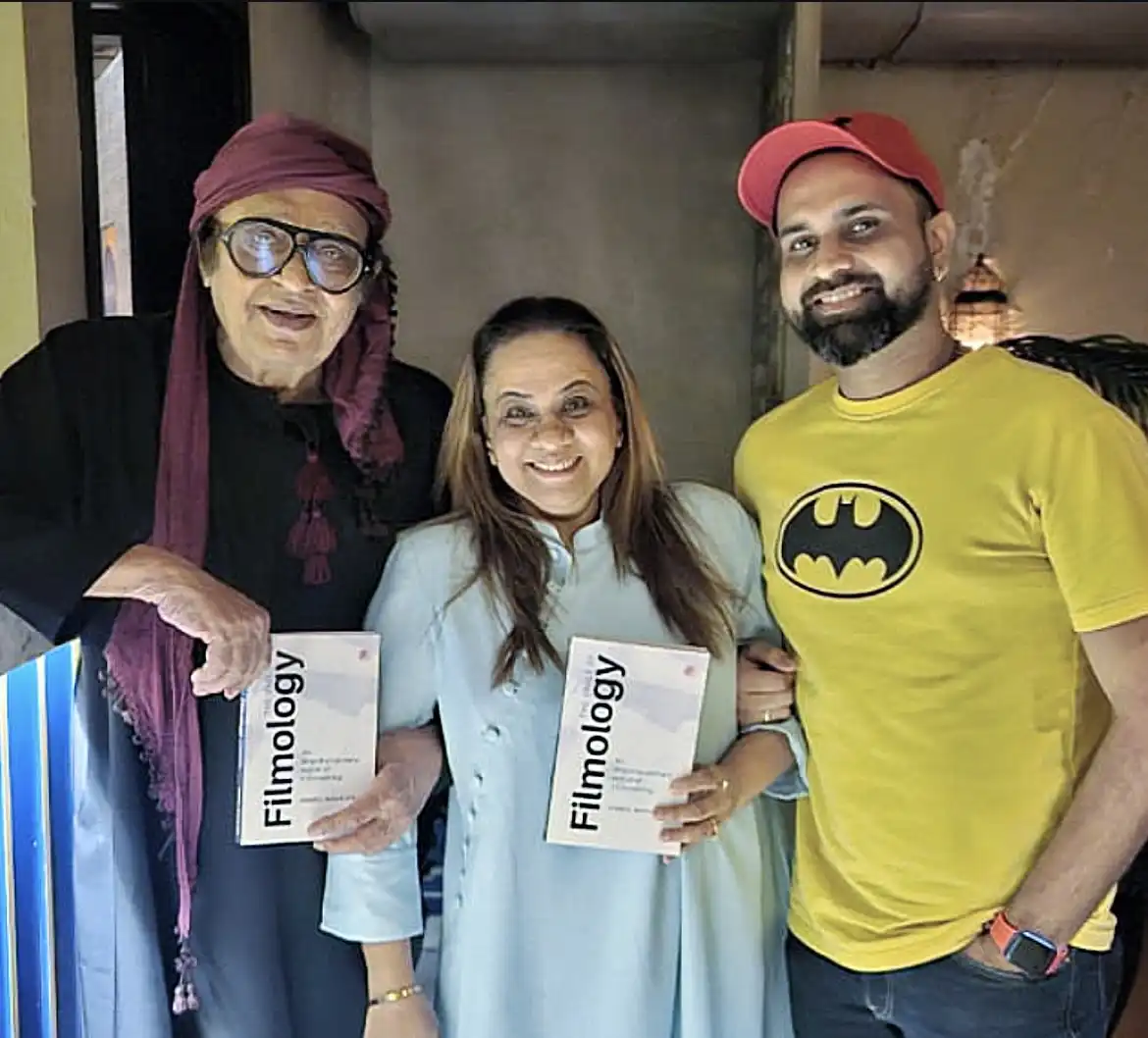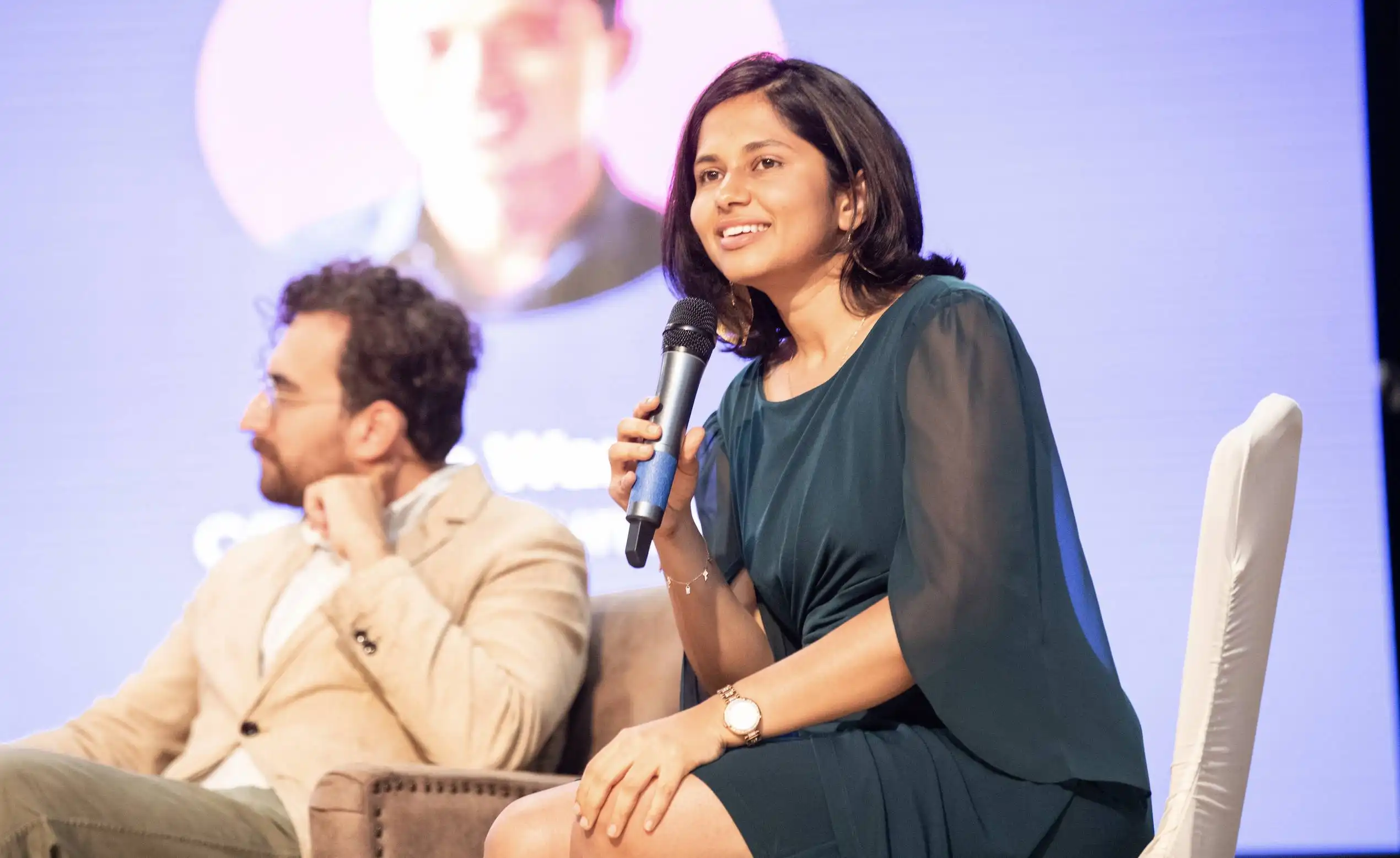From hunting Mumbai’s most dangerous criminals to saving fellow officers in the midst of riots, former Inspector Madhukar Zende is a name synonymous with courage, calm, and conviction. Known for his iconic arrest of serial killer Charles Sobhraj in 1986, Zende’s life is now the subject of renewed public attention — thanks to his gripping memoir Mumbai’s Most Wanted (HarperCollins India) and an upcoming Netflix series where he is portrayed by acclaimed actor Manoj Bajpayee.
But behind the headlines and heroics lies a man of striking humility. In this freewheeling conversation, Zende reflects on his storied career, the writing of his memoirs, and what it really means to serve the public — even when the spotlight finds you.
How did it feel revisiting the most difficult or emotional moments of your life while writing the book?
Zende: Back in 1996, editor Pandhrinath Sawant of a Marathi weekly encouraged me to share my memoirs. He would visit every Saturday to record my memories, which were later published in 12 installments. So when I started writing Mumbai’s Most Wanted, I was already familiar with the process of revisiting the past — it wasn’t something new or painful.
Was there any part of your life that was especially hard to write about?
Zende: Honestly, no. I’ve always tried to live by the teachings of the Bhagavad Gita, especially Chapter 5, Verse 20, which teaches us to remain balanced — not overly joyful in good times or dejected in bad. That mindset helped me revisit even the most turbulent times without emotional burden.
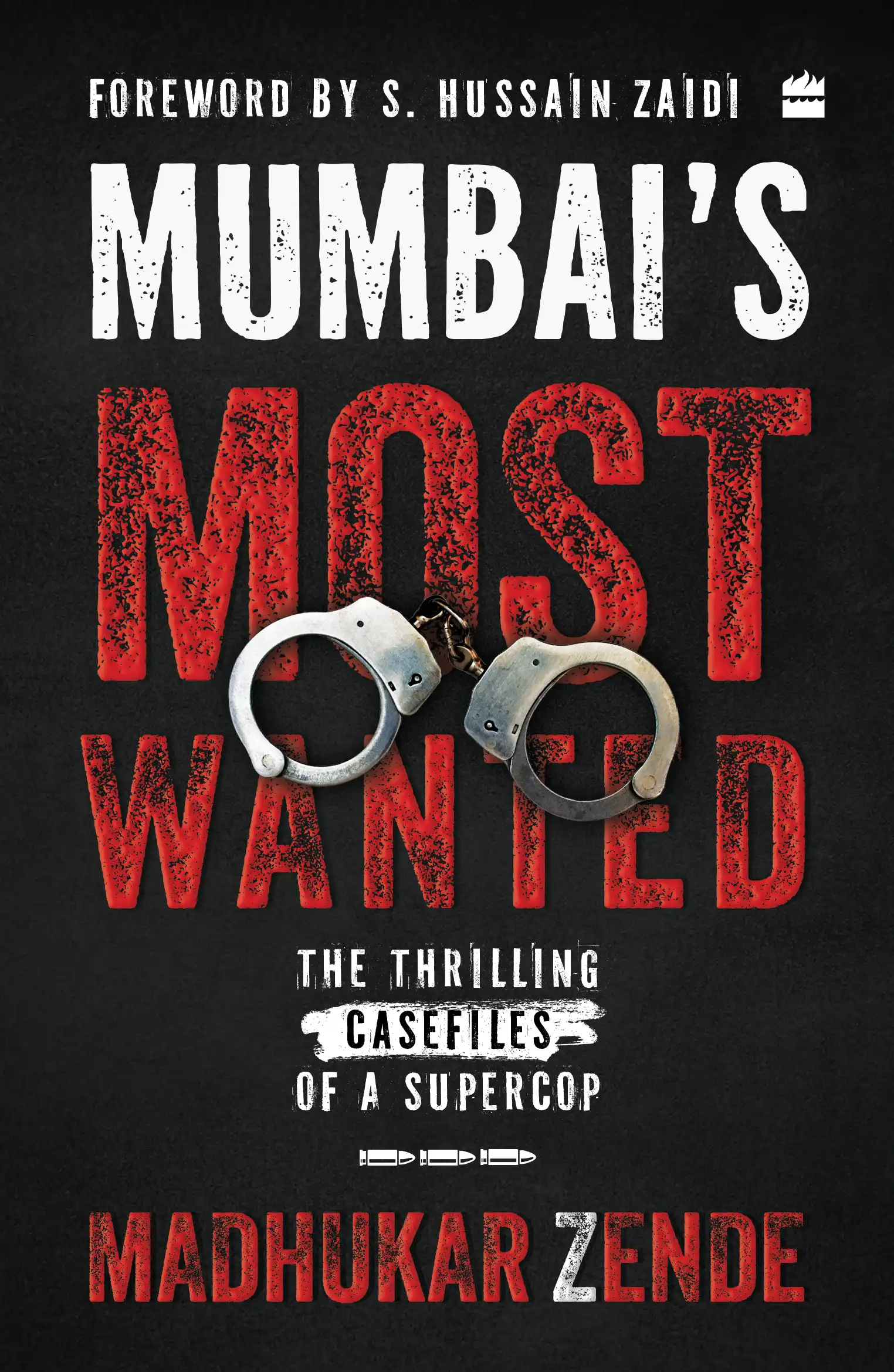
Is there a story in the book you feel especially proud of?
Zende: Yes. One memory that stays with me is from 7 December 1992, during the riots following the Babri Masjid demolition. A police vehicle was trapped by a violent mob and was close to being set on fire. I went in alone and pacified the mob, rescuing my colleagues. Thirty years later, one of the officers found me in Pune and said, “I’m alive because of you.” That meant more to me than any medal.
What was your reaction when you heard that Netflix was making a show based on your life?
Zende: I wasn’t surprised. My biopic Zende, directed by Akshay Shah, had already been screened at international festivals and even won awards in 2023. Before that, Om Raut had also signed on to make a film on my life. So Netflix coming on board felt like the next step.
Manoj Bajpayee is playing you. How close did he get to capturing who you really are?
Zende: Manoj Bajpayee is a highly respected actor, especially in his portrayals of police officers. When I met him during the promotional shoots, I could see how deeply he had studied not just my career, but also the principles I’ve tried to live by.
The series includes both dramatic and humorous scenes. Was your life really like that — or is that movie magic?
Zende: I haven’t seen the film yet, but I know filmmakers often take creative liberties. A movie is a commercial product, after all. Mumbai’s Most Wanted, on the other hand, is purely factual.
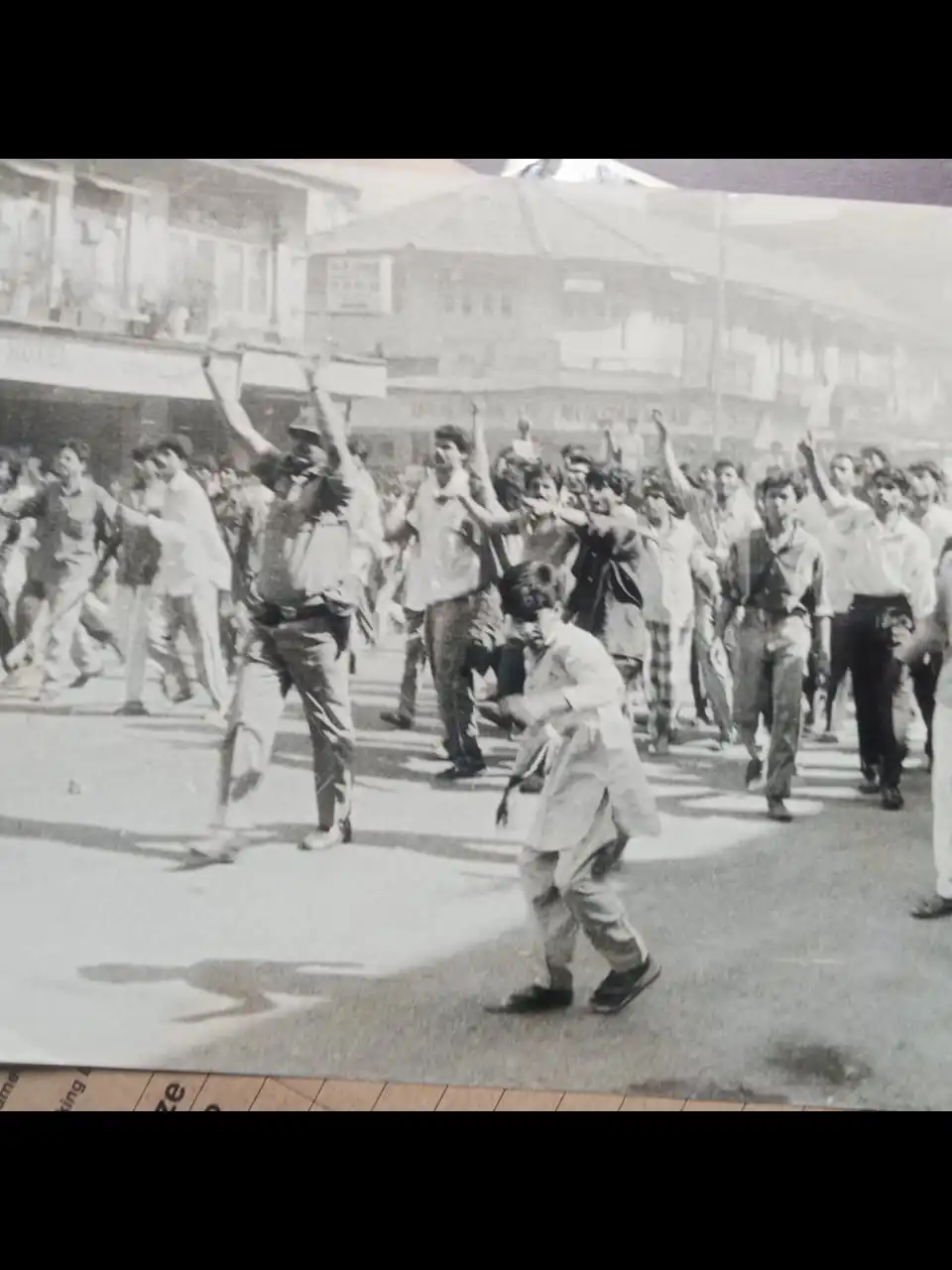
You never had fancy tech or modern gadgets. Do you think today’s police rely too much on technology?
Zende: Every era has its tools. In our time, we didn’t have CCTVs or mobile tracking — we depended on informants, fieldwork, and instinct. Today’s officers have powerful technology at their disposal, which is great — but they also face new kinds of crime, like cybercrime. The fundamentals of good policing remain the same.
You’ve been profiled in books, media, and now on Netflix. How does it feel to finally get the spotlight?
Zende: I’ve been in the public eye for much of my career, especially after high-profile cases. But I never chased fame. I simply did my job. I still consider myself a simple man, and I don’t let attention get to my head.
What advice would you give to a young police officer starting out today?
Zende: Always have the mindset to help anyone who walks through your door. Stay impartial. Follow the rule of law. And never hesitate to take risks if it’s for the right cause.
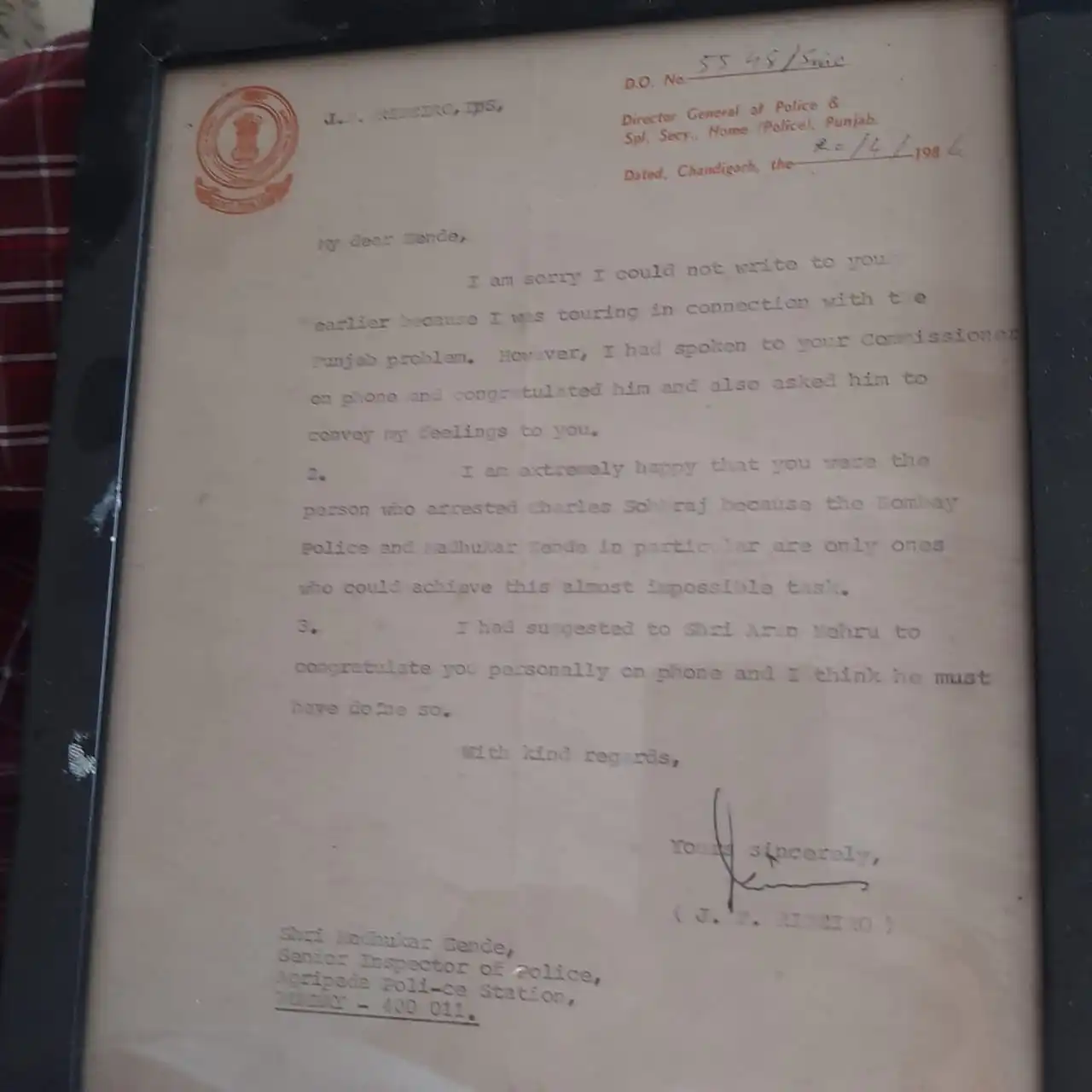 Letter of appreciation
Letter of appreciationYou were known for your composure, even during riots. How did you stay calm under such pressure?
Zende: It came from a deep belief that I was doing the right thing. That gave me the confidence that no harm would come. As the Bhagavad Gita says in Chapter 6, “One who does good never comes to ruin.”
You’ve won several top police medals. Was there ever a moment where you thought — “this is why I joined the force”?
Zende: I never worked for awards. My seniors decided whether I deserved one. After the 1992 riots, I didn’t receive any gallantry medal — though many felt I should have. But I didn’t ask or complain. Recognition was never my goal; doing the right thing was.
If you could go back, is there anything you’d do differently?
Zende: No. I wouldn’t change a thing. I’m content with the life I’ve lived.

